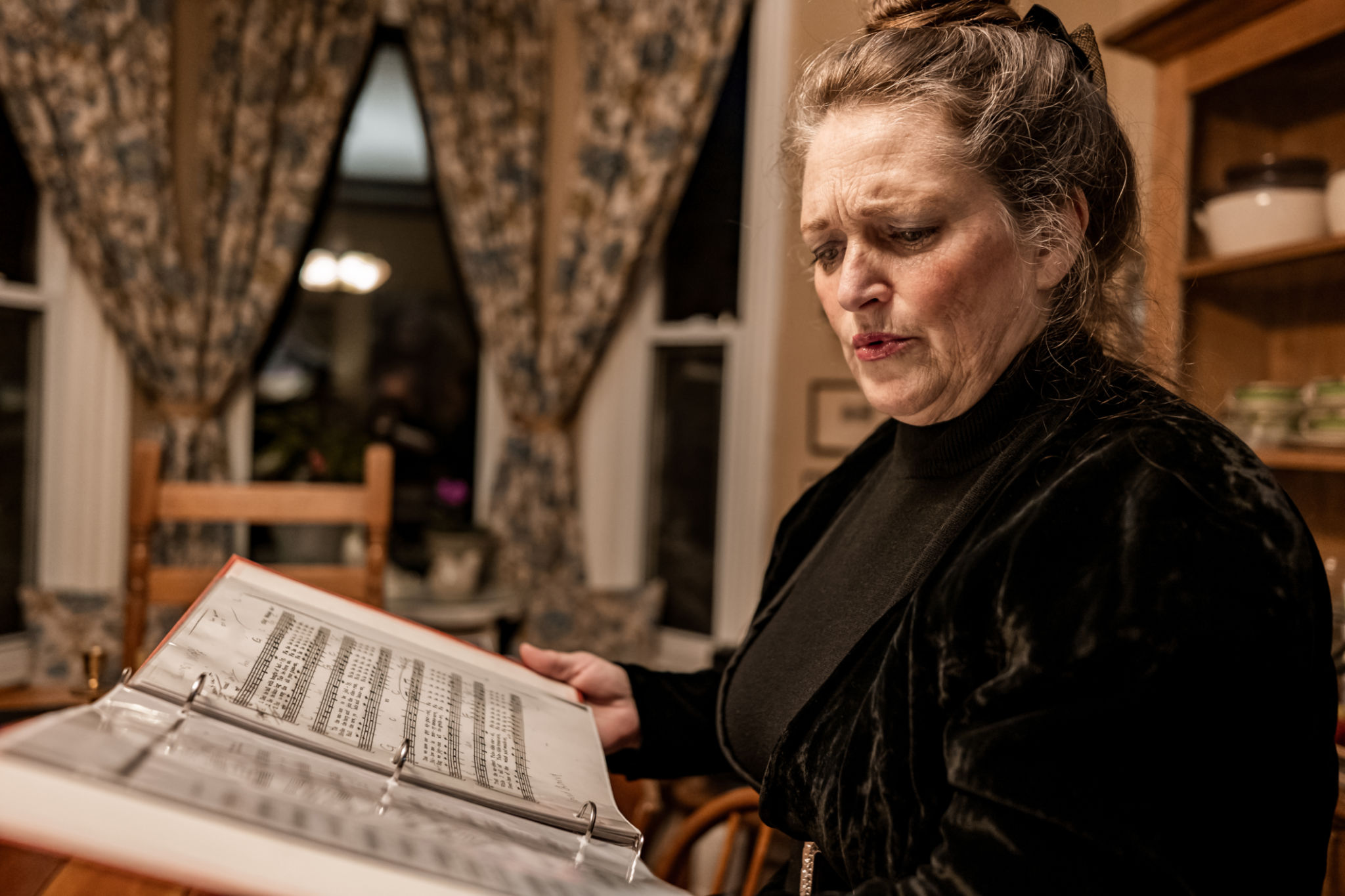The Role of Music in Strengthening Religious Communities
The Universal Language of Music
Music has always been a powerful tool for bringing people together. Across cultures and religions, it serves as a universal language that transcends spoken words. In religious communities, music plays an essential role in fostering unity, enhancing spiritual experiences, and strengthening communal bonds.
Religious music, whether it be hymns, chants, or modern worship songs, has the power to evoke emotions and create a sense of belonging among its members. This shared musical experience becomes a vital component in the religious life of a community, allowing individuals to connect on a deeper level.

Music as a Medium for Spiritual Connection
Music in religious settings often serves as a bridge between the earthly and the divine. Through melodies and lyrics, believers find a way to express their faith and devotion. The act of singing together in worship can create a profound spiritual connection, both with the divine and with fellow worshippers.
For many religious traditions, music is not just an accompaniment to worship but an integral part of the liturgy. It enhances the sacred atmosphere and helps convey the teachings and values of the faith. This shared musical experience can also provide comfort and solace during challenging times, reinforcing the community's strength and resilience.
Building Community Bonds Through Music
Music has the unique ability to bring people together, fostering a sense of community and belonging. In religious settings, music is often used during gatherings and events to unite individuals from diverse backgrounds. These musical experiences can break down barriers, allowing people to connect through shared beliefs and values.

Participatory music-making, such as singing in a choir or playing in a band, offers opportunities for collaboration and teamwork. These activities encourage community members to work together towards a common goal, strengthening relationships and building trust within the group.
The Role of Music in Tradition and Culture
Religious music often reflects the cultural heritage of a community. Traditional hymns and songs passed down through generations carry historical and cultural significance. These musical traditions help preserve the identity of a community, providing a link to the past while informing the present.
In many cases, religious music evolves over time, incorporating contemporary styles and influences. This evolution allows religious communities to remain relevant and engaging for younger generations while maintaining their core beliefs and values.

Music as a Tool for Teaching and Learning
Music is also an effective tool for teaching religious concepts and stories. Through song, complex theological ideas can be communicated in an accessible and memorable way. Children and adults alike can learn about their faith through catchy tunes and lyrics that resonate with their experiences.
Furthermore, music provides an opportunity for intergenerational learning. Older members of the community can pass on their knowledge and traditions through song, ensuring that younger generations understand and appreciate their religious heritage.
Conclusion: The Enduring Power of Music
The role of music in strengthening religious communities is both profound and multifaceted. By fostering spiritual connections, building community bonds, preserving traditions, and facilitating learning, music remains an essential element in the life of religious communities worldwide.
As we continue to navigate an ever-changing world, the enduring power of music will undoubtedly remain a cornerstone in the journey of faith and community building.